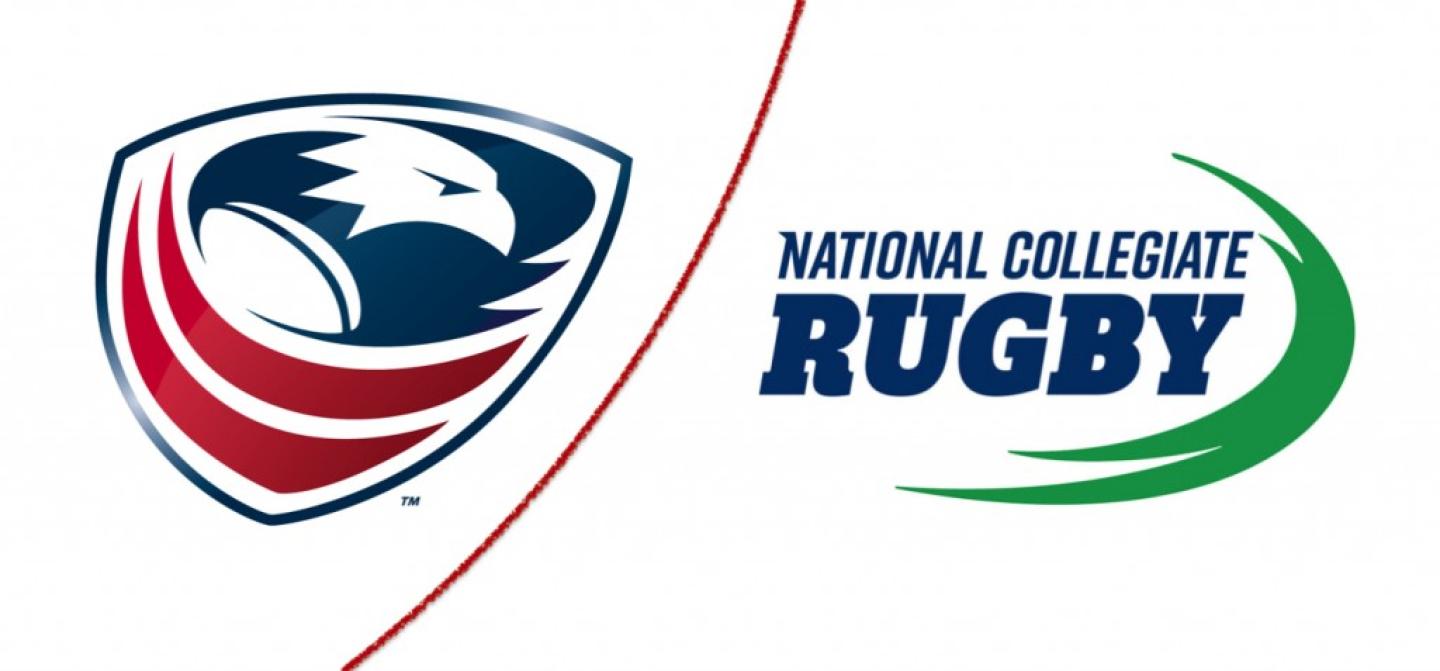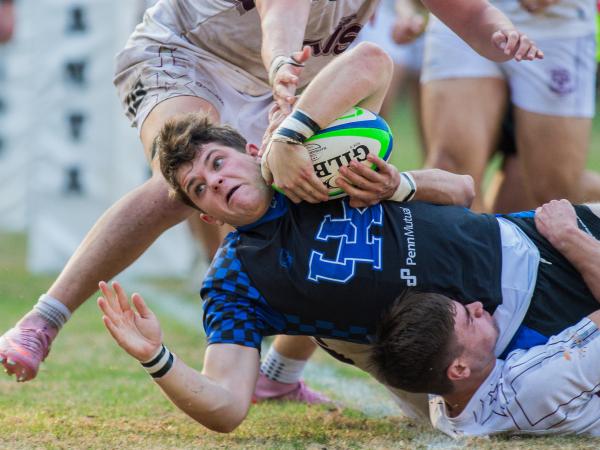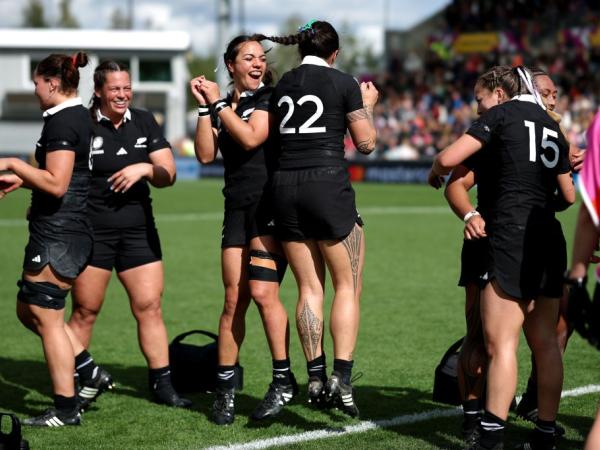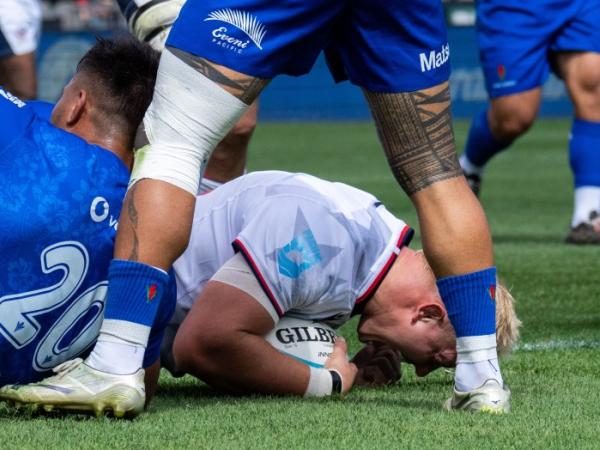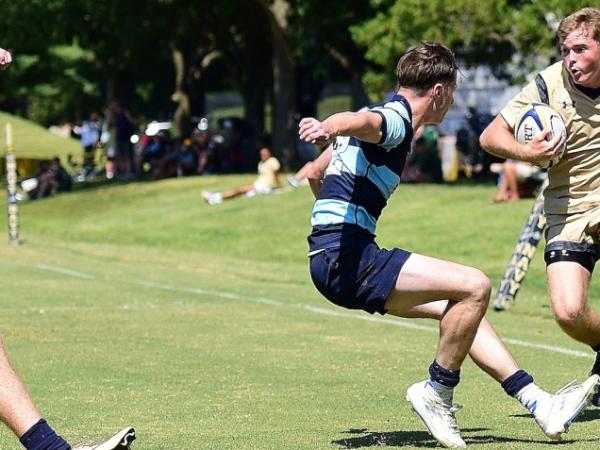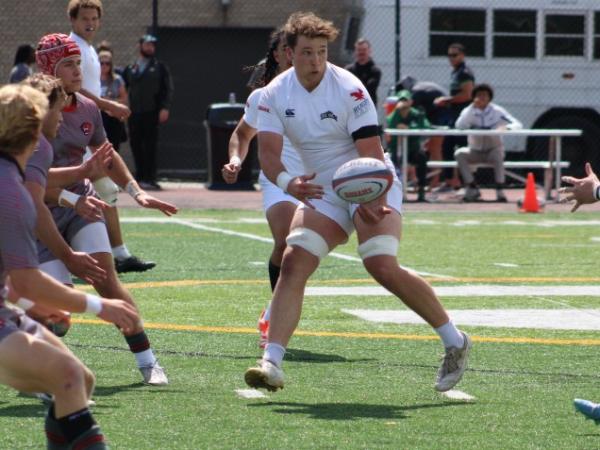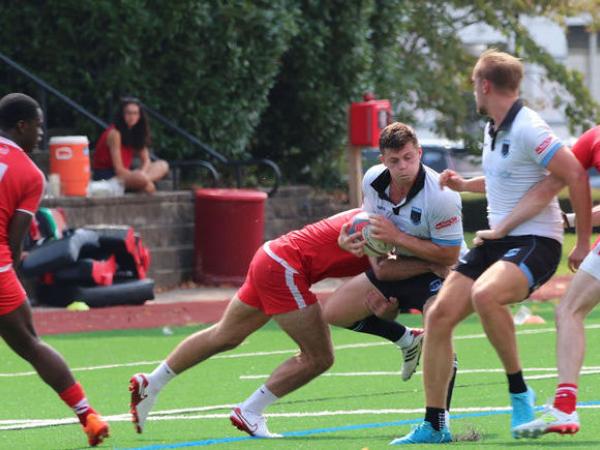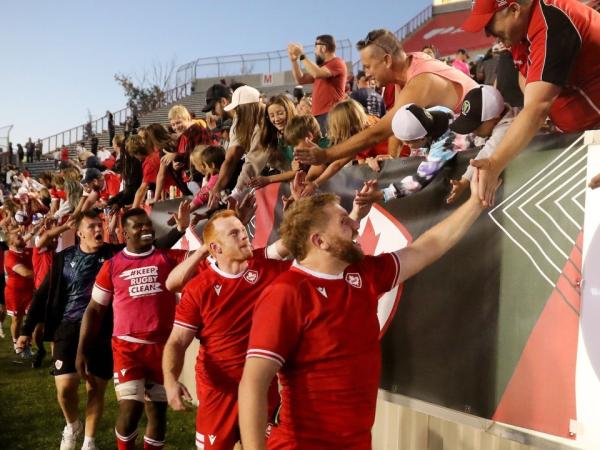It appears that, right now at least, USA Rugby and NCR are at an impasse.
Both sides are leaning on some legal arguments and some realities. The upshot is that USA Rugby is saying you have to be a member of the organization to be able to play members of USA Rugby, and NCR says that's wrong.
NCR's View
NCR has, after an exchange with World Rugby, become even stronger in it's conviction that the Ted Stevens Act governing amateur sports is the final word on what they can and cannot do, as well as the final word limiting USA Rugby's power.
Stevens says, in, part, that all leagues and groups should be treated the same. USA Rugby's answer to that has been to say that NCR has been treated the same and was offered the same deal as everyone else. But NCR's position is that you can't stop teams from playing each other, and that it's wrong to say that an NCR team not paying membership dues to USA Rugby isn't sanctioned to play any other team.
NCR also points out that USA Rugby is in bankruptcy proceedings. The efforts NCR took to get its own insurance and membership plan in place was a direct response to USA Rugby's precarious situation. So USA Rugby isn't really in a position to dictate terms.
Details On NCR's Insurance Plans
In addition, another piece of legislation has come into play—the Sherman Antitrust Act of 1890, with NCR sources saying that a National Governing Body can't monopolize a sport unless there's a special dispensation by Congress.
Much of the NCR argument is based out of the ChampionsWorld vs US Soccer Federation case, in which it appears that US Soccer could not rely on FIFA rules to get around antitrust laws, and that college groups have power of their sports.
World Rugby Weighs In On NCR-USA Rugby Debate, Sort Of
USA Rugby Counterpoint
USA Rugby has its own Sherman Act argument, relying on cases where courts ruled that the Ted Stevens Act "immunizes an NGB from antitrust liability for rules and decisions that adversely affect an athlete's eligibility to participate in a protected competition." (Source: For The Record, journal of the National Sports Institute, October-December 2008).
What that seems to say is you can't penalize a National Governing Body as a monopoly because a) it's not a business and b) it's the NGB's job is to run the sport as the National Governing Body.
USA Rugby also is arguing through case law that there is no actual right to participate in collegiate sports. So USA Rugby can say who is eligible to play, as long as they don't ban players based on race, color, national original, gender, or other protected groups.
So NCR is saying USA Rugby's powers are very limited, and USA Rugby is saying their powers are widespread.
Complications
The major complications are about emotions as much as anything else. Even if USA Rugby's arguments are correct, will NCR teams care? Even if NCR arguments are correct, will non-NCR groups believe it?
While NCR's insurance covers referees, will all referees feel comfortable refereeing under both organizations?
As we wrote about almost a month ago, some schools have rules in place on campus that appear to say that a club sport playing intercollegiately must be affiliated with its national governing body. And the universities are also finding out, in some situations, that student administrators or coaches not connected with the school signed off on a contract that the college itself wasn't a party to. When that action is taken in moving from one conference to another within the USA Rugby framework, the schools don't seem to care much. Now it's about joining an organization not a member of USA Rugby—it's another complication to be negotiated.
College teams not yet members of NCR are now wondering if playing NCR teams will become too much of a headache. This probably won't affect a large percentage of NCR programs, but it could affect some.
It's About Money
What seems to be universally accepted is that if a player in NCR were to be called up for a national team assembly, that player would have to pay full USA Rugby dues. That seems to be something that doesn't affect a large percentage of players, but it does affect some. What might affect more is that if a select side of NCR players wants to play in a tournament run outside of the organization, then they, too, would have to register with USA Rugby.
That's probably a burden NCR is willing to bear. Leaders at NCR are pretty sure they have a strong bargaining position because they will end up representing about half of college rugby, and USA Rugby needs them. USA Rugby needs their numbers and needs their dues income.
At the same time, USA Rugby is under pressure from the other half of college rugby, which has made it very plain that they won't accept NCR teams paying anything less than what everyone else pays in USA Rugby dues. So USA Rugby is not really in a position to negotiate anymore, if it ever was.
Certainly USA Rugby needs the money, while NCR has already made financial commitments that won't work if more than half of their dues income goes to the NGB, and so doesn't feel it can go back to its membership and say "sorry, we're having a do-over."
So both sides seem to think they're in an unassailable position. Both sides are also under pressure to not change their stance. Neither side seems to be budging, even after they've talked. This might turn into something ugly that ends up not being that big of a deal after all, or it might turn into something ugly that stays ugly.





